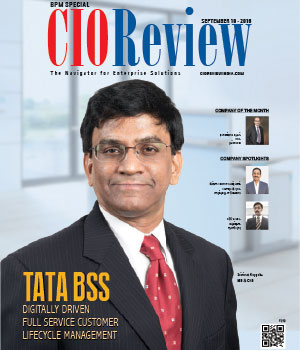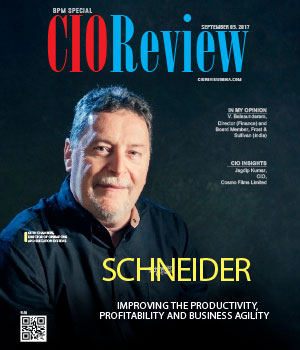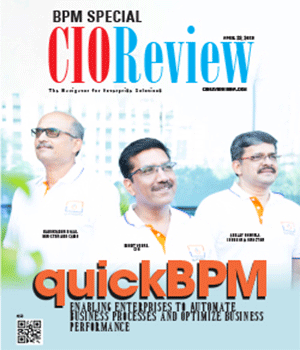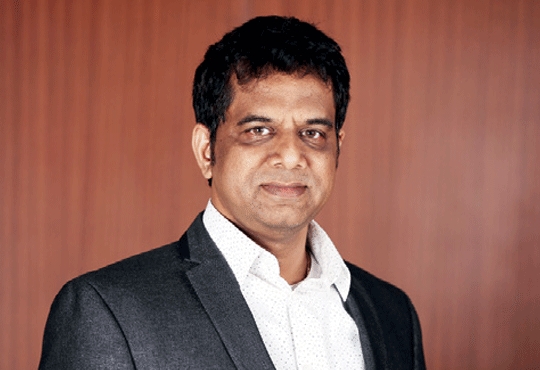
Looking towards Operations Management: What CEOs of the future need to catch up with
Dr. Vandana Sonwaney, Director, SIOM | Wednesday, 25 January 2023, 06:51 IST

Given the increasingly technology-dependent Operations, the advent of Industry 4.0 has brought fresh challenges for CEOs and Category A management professionals. It is now necessary to have critical interpersonal skills or revolutionary ideas that the erstwhile business leaders got away with. The dynamic changes in the industry demand that top-tier professionals keep a close tab on the nitty-gritty of how the company functions, from the boardrooms to the factory floor to the sourcing of raw materials.
A counter-opinion that immediately springs to mind in the context of the imperative need for an Operations-savvy CEO is: Why must CEOs engage in Operations Management when there can always be a dedicated operations team?
The answer is straightforward. CEOs are not just signatories on expensive deals. They take risk-intensive decisions on a regular basis, culling their heightened business acumen and extensive knowledge. Therefore, to best deliver the critical decision, a thorough know-how of the operations is vital.
The COVID-19 lockdowns, perhaps, have been the biggest eye-opener for the need for updated Operations Management. Initially, the companies were blinded by the abrupt transition of en masse work from home. The challenges included not only tracking employee productivity remotely to keep the corporate machinery churning but also ensuring that the employees had the infrastructure to continue working.
Similarly, the pandemic posed a huge challenge to supply chain management. While the supply chain is still a very human-intensive process, the future of the industry is automation. What the top management needs to always keep in mind is that given the upcoming technological wave, they need to understand how to keep optimising the automated operations to stay ahead of the competition.
While CEOs need not innovate in terms of the invention of technology but their vision definitely can inspire innovation. A CEO’s extensive experience in the domain could help identify the weak spots in key areas such as inventory management, production planning, distribution and other business areas.
Increasingly, consumers have started to demand e-commerce or tech-enabled services. To run the complex machinery of an e-commerce business, the CEOs have to update themselves with the latest technology so that they can continue to improve the business models. The technical knowledge will help leaders crunch the real-time data of consumer behaviour and lead or diversify the business towards a profitable direction.
Further, as the world becomes more and more conscientious about environmental hazards and the moral obligations of the business, a key concern in Operations Management is the sourcing of the materials.
For example, it is increasingly demanded of FMCG companies to declare the environmental impact, the water and carbon footprint of their products, as well as the working conditions of the labour involved. As a result, given the strong correlation between brand image and revenue collection, it is the CEO’s responsibility to drive the right brand image by taking care of and optimising the sourcing and the direct and indirect impact it makes.
In addition to opening new vistas for work arrangements, the pandemic has also prompted companies to relook at the way they manage their talent acquisition. There has been a surge of short-term contractual employees in organisations since the epidemic hit. This new way of talent acquisition helps the company work on a lean budget as well as enables flexibility of tenure to the employees.
At the same time, there is an impending danger of employees not settling into the job before facing the challenges. In order to make the best use of this novel practice, there has to be a strict operations-focused solution consisting of a vigilant evaluation of the net productivity of the workforce. Moreover, in the wave of change, CEOs have to maintain a delicate balance in the ratio of old employees and freelancers to get the best quality control and output.
Operations Management is a building block of the industry today. Be it supply chain management, talent acquisition, productivity tracking, or detailed real-time data of materials sourced operations will guide the way ahead. Therefore what the CEOs need is a robust knowledge base of technology and its applications in their domain.
CIO Viewpoint
Enabling An Effective Workforce With The Proper...
By Daniel M. Horton, CIO, Sallyport Global
Three Ways To Build A Gmail Security Conscious...
By Niraj Ranjan Rout, Co-founder & CEO, Hiver
By Sreenivas Pamidimukkala, CIO, International Paper
CXO Insights
Looking towards Operations Management: What...
By Dr. Vandana Sonwaney, Director, SIOM
Strategic Implementation And Control
By SURESH.V. MENON-PRINCIPAL CONSULTANT SIX SIGMA & STRATEGIC MANAGEMENT, ADVISORY (BUSINESS EXCELLENCE)
Grand Strategies Used In Strategic Management









